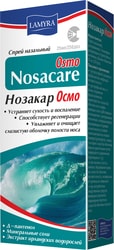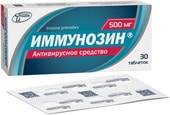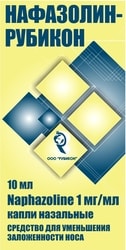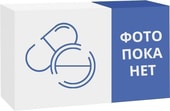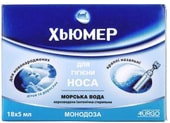Propolis, also known as bee glue, is a natural resinous substance collected by bees from plants, combined with pollen and their own secretions. Bees use propolis to seal cracks, disinfect honeycomb cells, and mummify intruders. This powerful substance boasts a rich history in traditional medicine and is composed of over 200 compounds, including flavonoids, fatty acids, enzymes, esters, essential oils, beeswax, and plant pollen. Discover its potent antibacterial, antiviral, and anti-inflammatory properties, and explore its diverse applications in supporting overall health and well-being.
Propolis's unique chemical composition grants it exceptional antiseptic, antibacterial, and antiviral properties. Its benefits extend to:
Research suggests propolis exhibits effectiveness against a wide range of pathogens, including salmonella, fungi, trichomonas, and the causative agents of typhoid and tuberculosis. It's been traditionally used to address various health concerns, including:
Bees gather resinous substances from various trees, including birch, chestnut, oak, poplar, aspen, and conifers. They blend these resins with their own secretions to create propolis. This natural substance has a resinous texture and its color can vary (grey, yellowish, reddish, brown, greenish-grey, greenish-yellow) depending on the source plants and storage conditions. It possesses a slightly bitter taste and a pleasant aroma, combining notes of beeswax, vanilla, pine, and honey.
Historically, propolis has been used to address conditions such as diphtheria, tuberculosis, and scarlet fever. It's also considered a valuable tool for bolstering overall health and preventing disease. Its use in creating immune-boosting tinctures for preventative wellness is also long-standing.
While propolis offers various potential health benefits, it's essential to consult with a healthcare professional before using it, especially if you have pre-existing health conditions or are taking other medications. This information is for educational purposes only and does not constitute medical advice.
